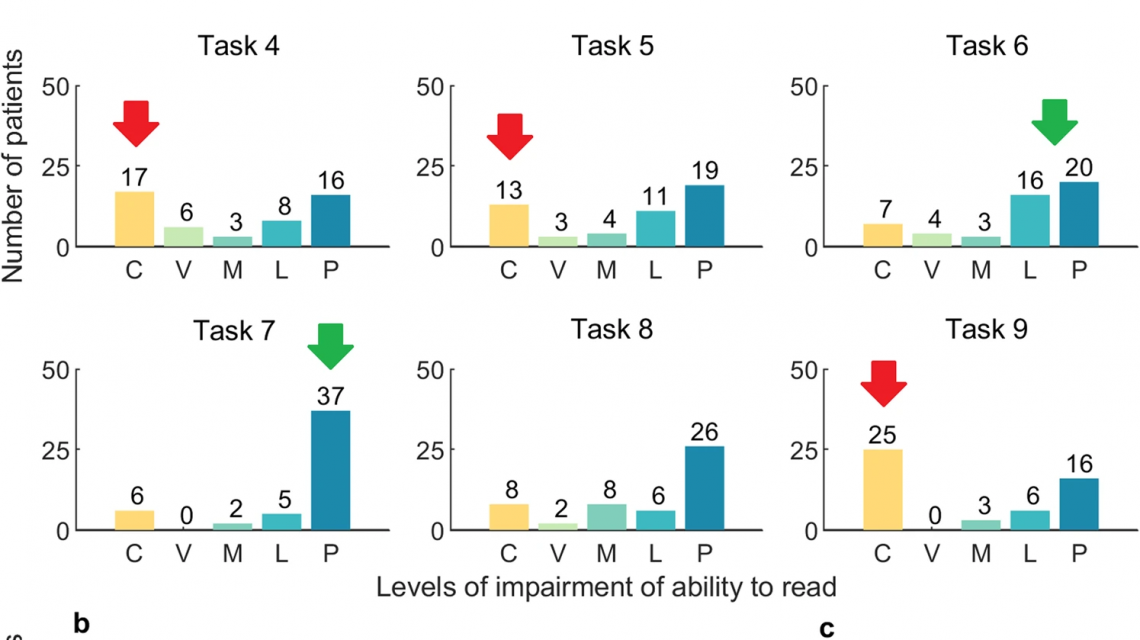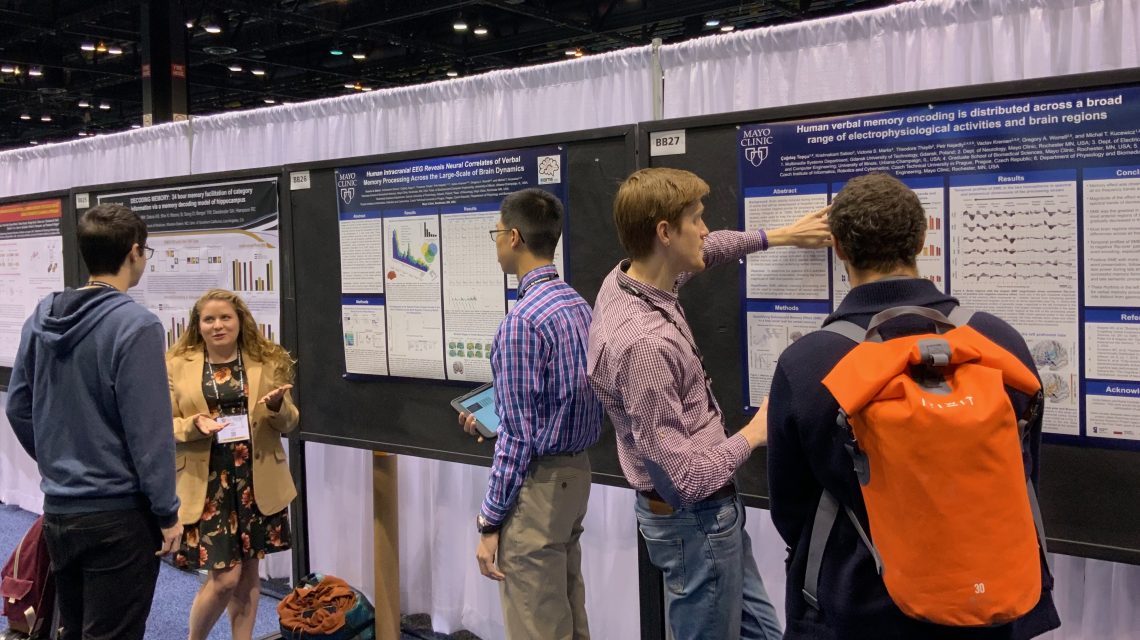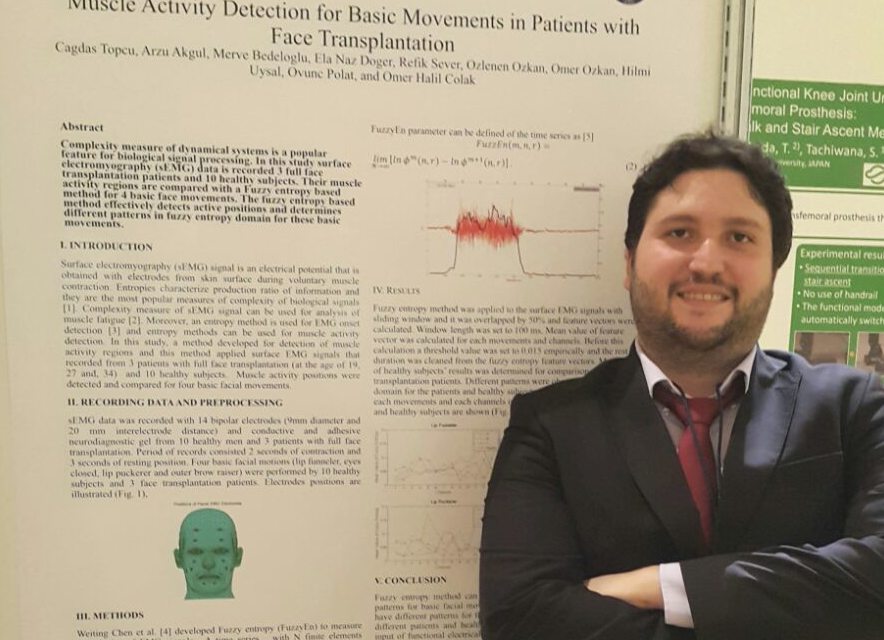Can post-comatose minimally conscious patients read? A new study by the member of our BME lab assesses with eye-tracking technology.
Dr. Michal Lech, postdoc in our BME lab, in his recent Scientific Reports publication with Dr. Agnieszka Kwiatkowska, Dr. Piotr Odya, and Prof. Andrzej Czyżewski from the Department of Multimedia Systems of the Gdansk University of Technology, found that the post-comatose patients with minimal consciousness tend to preserve reading comprehension skills but neglect syntax and spelling. Their results showed that most patients preserved the ability to read one- and two-syllable words and comprehended sentences but…
Continue reading



